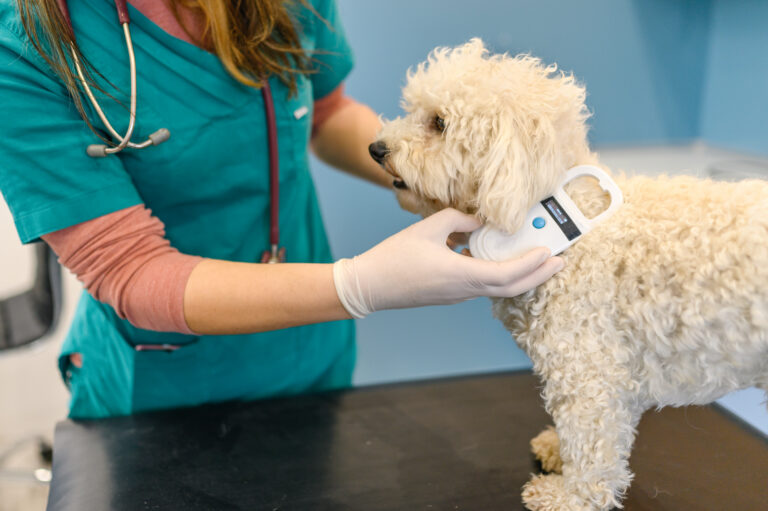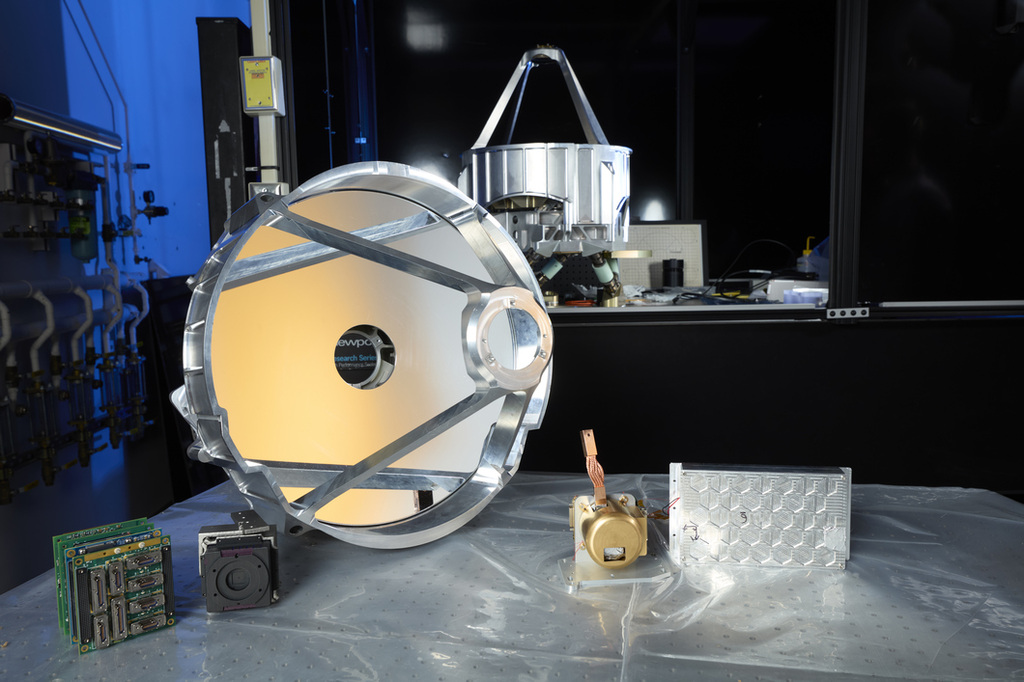Many pet owners across America can no longer be contacted if their lost pets are found. The reason? Save This Life, a Texas company that stored pet microchip information, has suddenly closed and wiped its entire database clean.
Here’s what happened: When a vet or shelter finds a lost pet, they scan the tiny microchip under its skin. This chip, about the size of a rice grain, contains a number linked to the owner’s contact details. But Save This Life’s closure broke this vital connection.
Pet owners with Save This Life chips (numbers starting with 991 or 900164) need to take action. First, visit your vet to get your pet’s chip number. Then register this number with another microchip company, like Avid Identification Systems, Inc., BuddyID, HomeAgain, and National Microchip Registration.
The timing is concerning since one in three pets will get lost during their lifetime. But there’s good news: the microchips themselves still work perfectly. “We always recommend this service to our clients. The technology is top-notch, and it’s integrated with a national registry, making it easier for us to help lost pets find their way home,” says Dr. Angela P. in a testimonial on Save This Life’s website.
Several companies are helping affected owners. BuddyID offered free registration for those impacted by the closure. Other major providers like HomeAgain and AKC Reunite continue to accept registrations from any working chip.
Similar Posts
The American Animal Hospital Association (AAHA) has already removed Save This Life from its lookup tool after failed attempts to contact the company.“Unfortunately, phone lines were down, and email inquiries came back stating Save This Life staff were aware of the problem and working through the issues. After continued search failures, we made the decision to disconnect them from the AAHA search tool, and we are encouraging pet owners to contact their veterinarian to determine if they need to re-register their microchip with another registry,” said AAHA Chief Value Officer Keith Chamberlain.
This situation highlights why keeping pet microchip information current is crucial. Veterinarians recommend updating your registration whenever you move or change phone numbers.
For worried pet owners, local veterinary clinics are offering help with scanning pets and setting up new registrations. Animal shelters can also scan pets to confirm chip numbers.
The microchip industry continues strong despite this setback. The American Veterinary Medical Association said six out of 10 pet microchip devices are registered, showing both progress and room for improvement in protecting our pets.


















